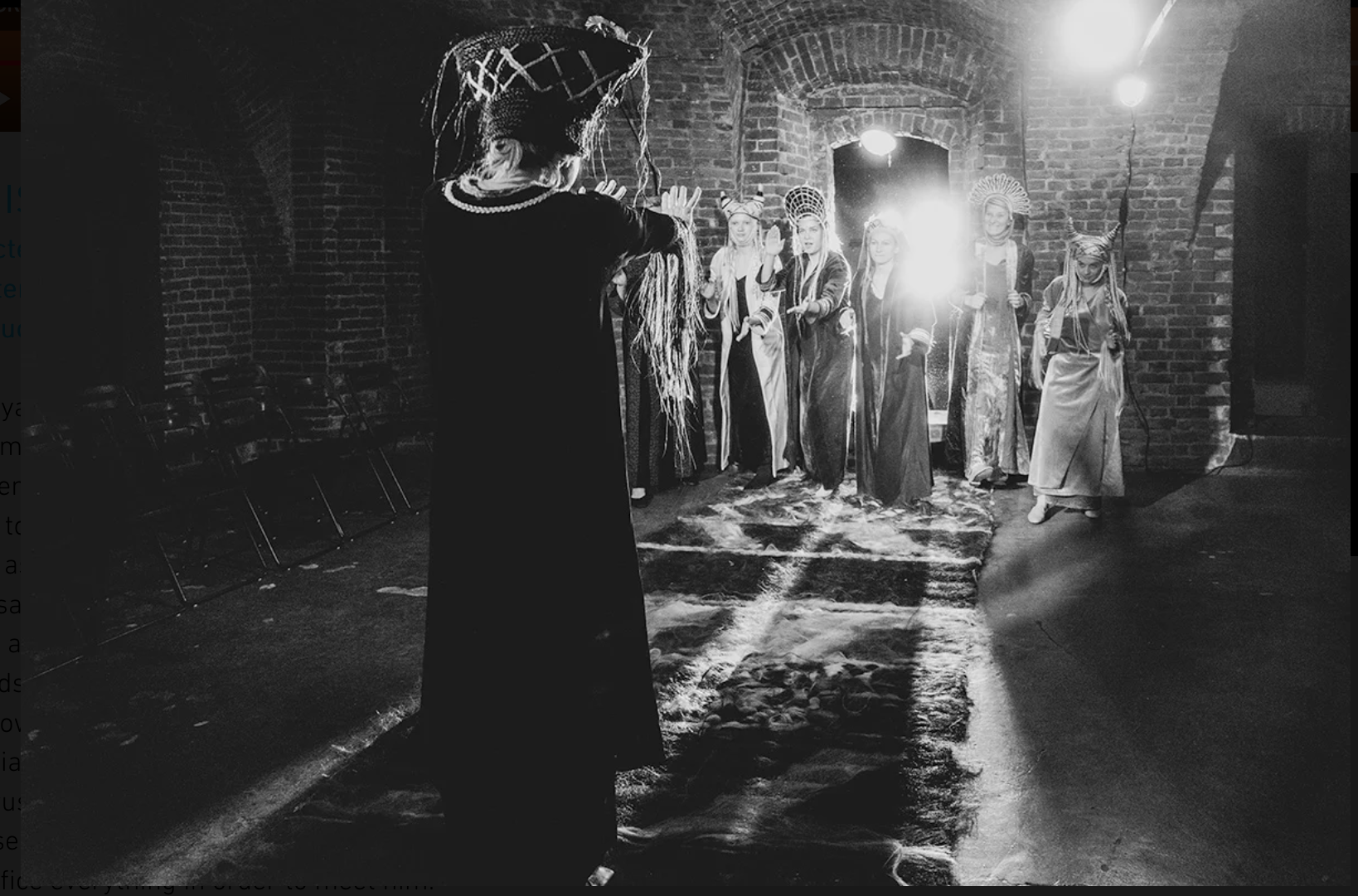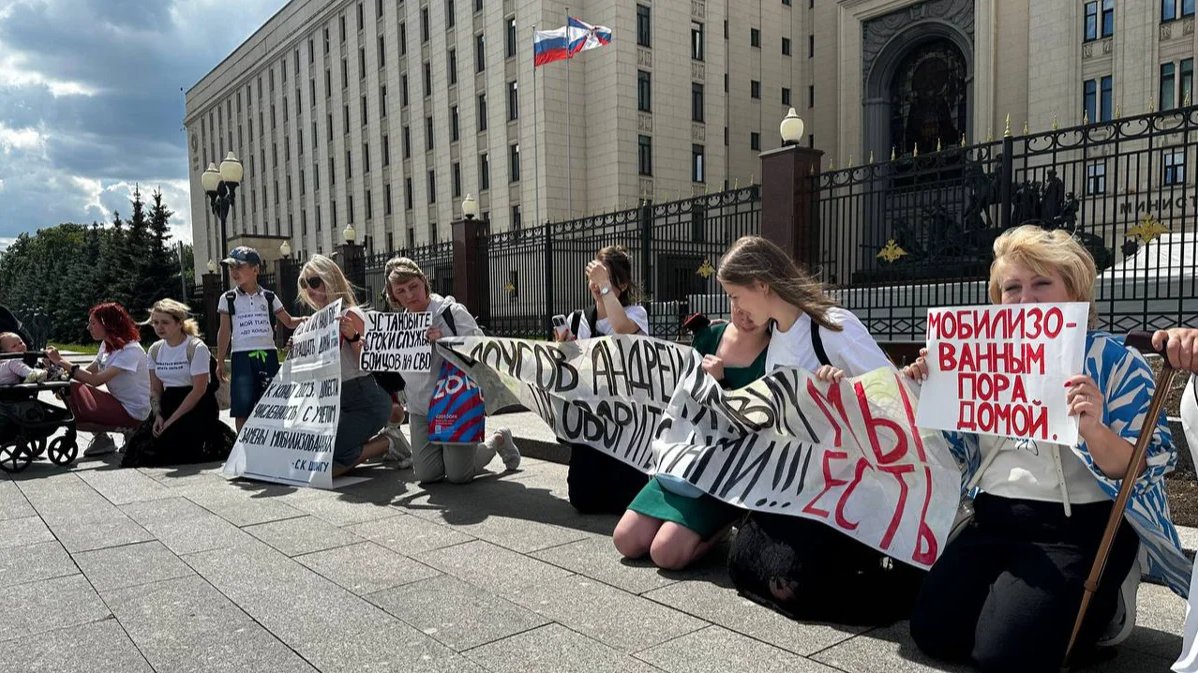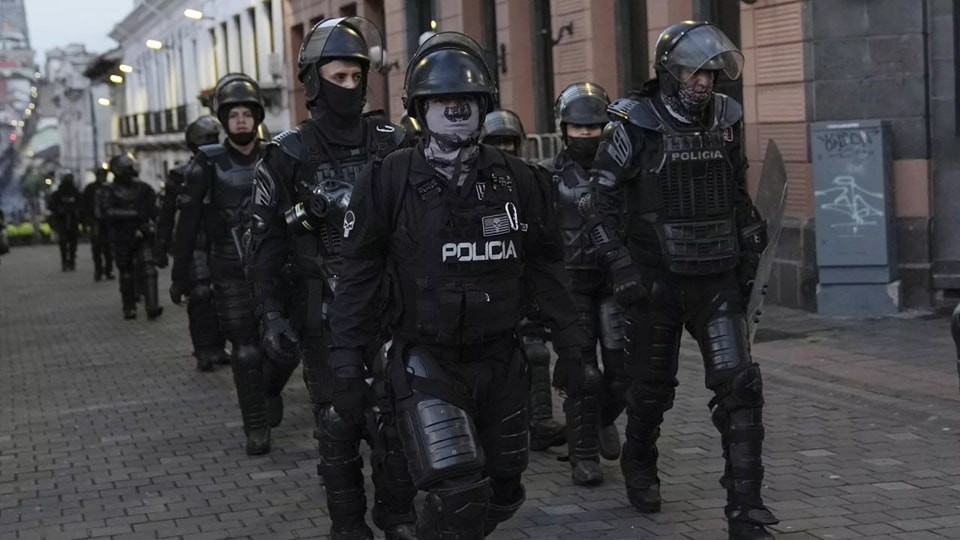
Russian playwright gets prison for ‘justifying terrorism’
A Russian military court convicted playwright Svetlana Petriychuk and theater director Yevgeniya Berkovich and sentenced them each to six years in prison over a play that was found to “justify terrorism.” The basis for the prosecution was the play Finist the Brave Falcon, its plot drawing inspiration from the plight of Russian women who went to Syria to marry Islamist fighters and were convicted upon return to their home country. Berkovich and Petrychuk repeatedly stated that their play was intended to warn against terrorism and not to justify it. In the eyes of the defense and human rights organizations, the real reason for the prosecution was retribution against the pair for their outspoken opposition to the war in Ukraine. (Photo: StageRussia)











